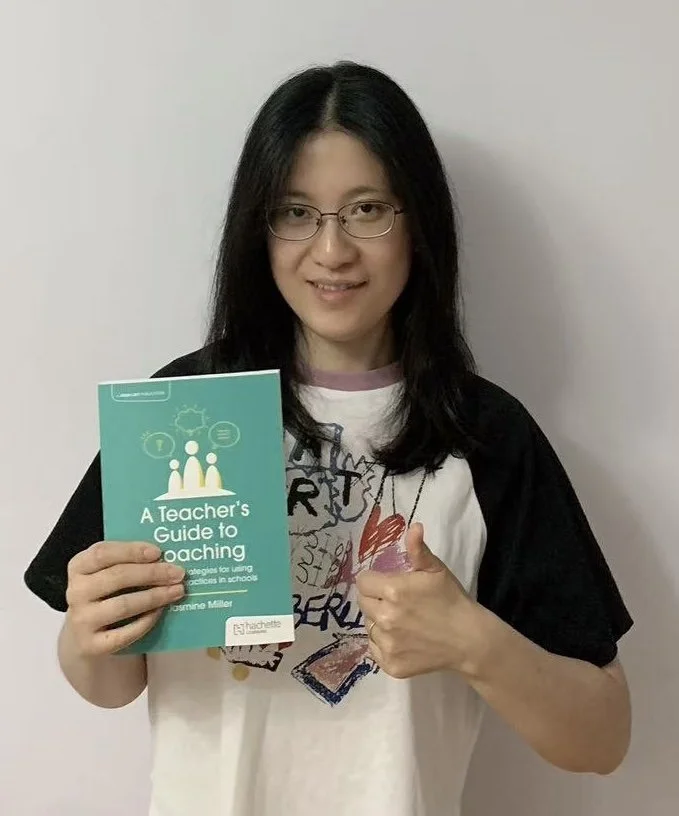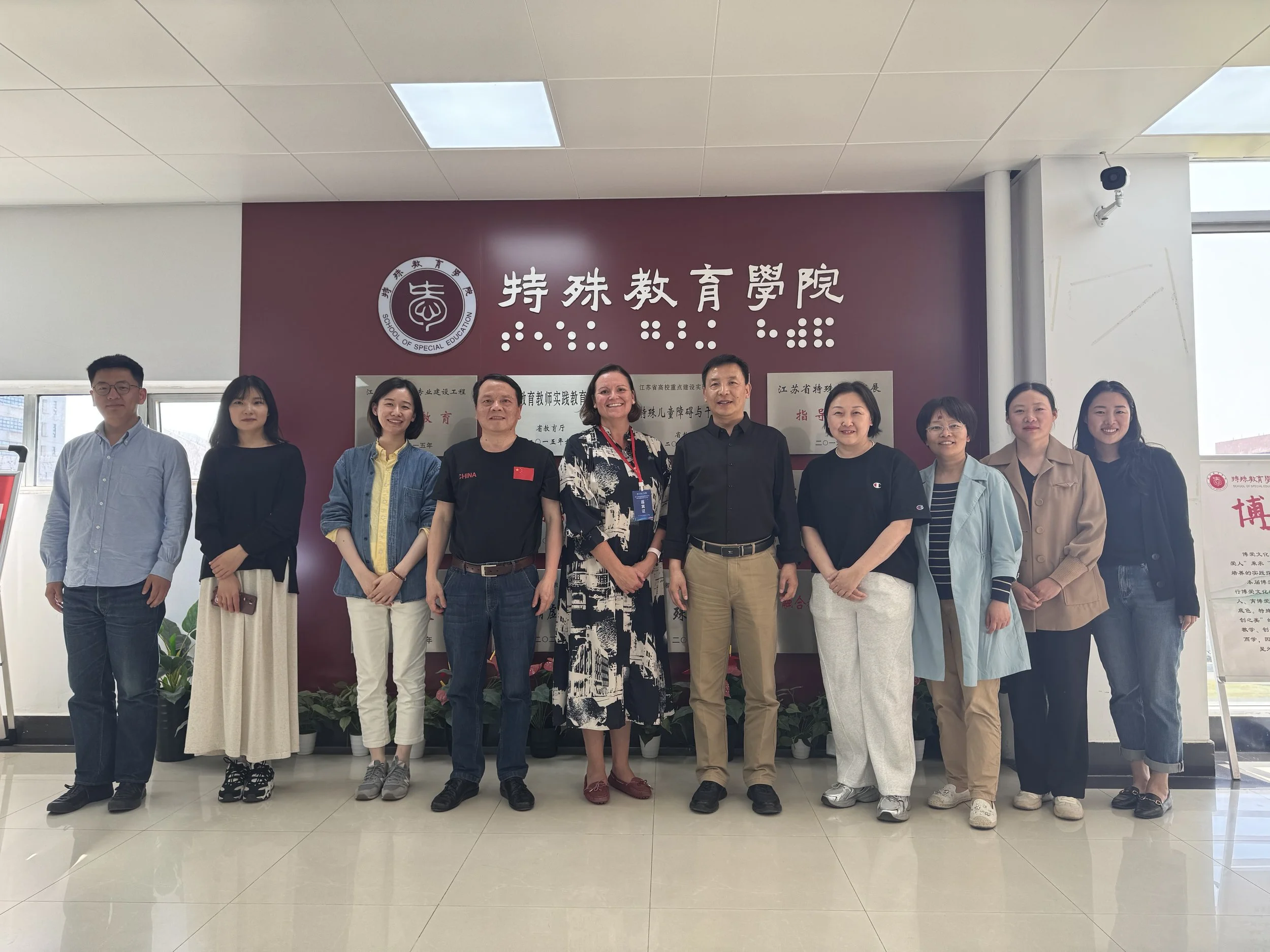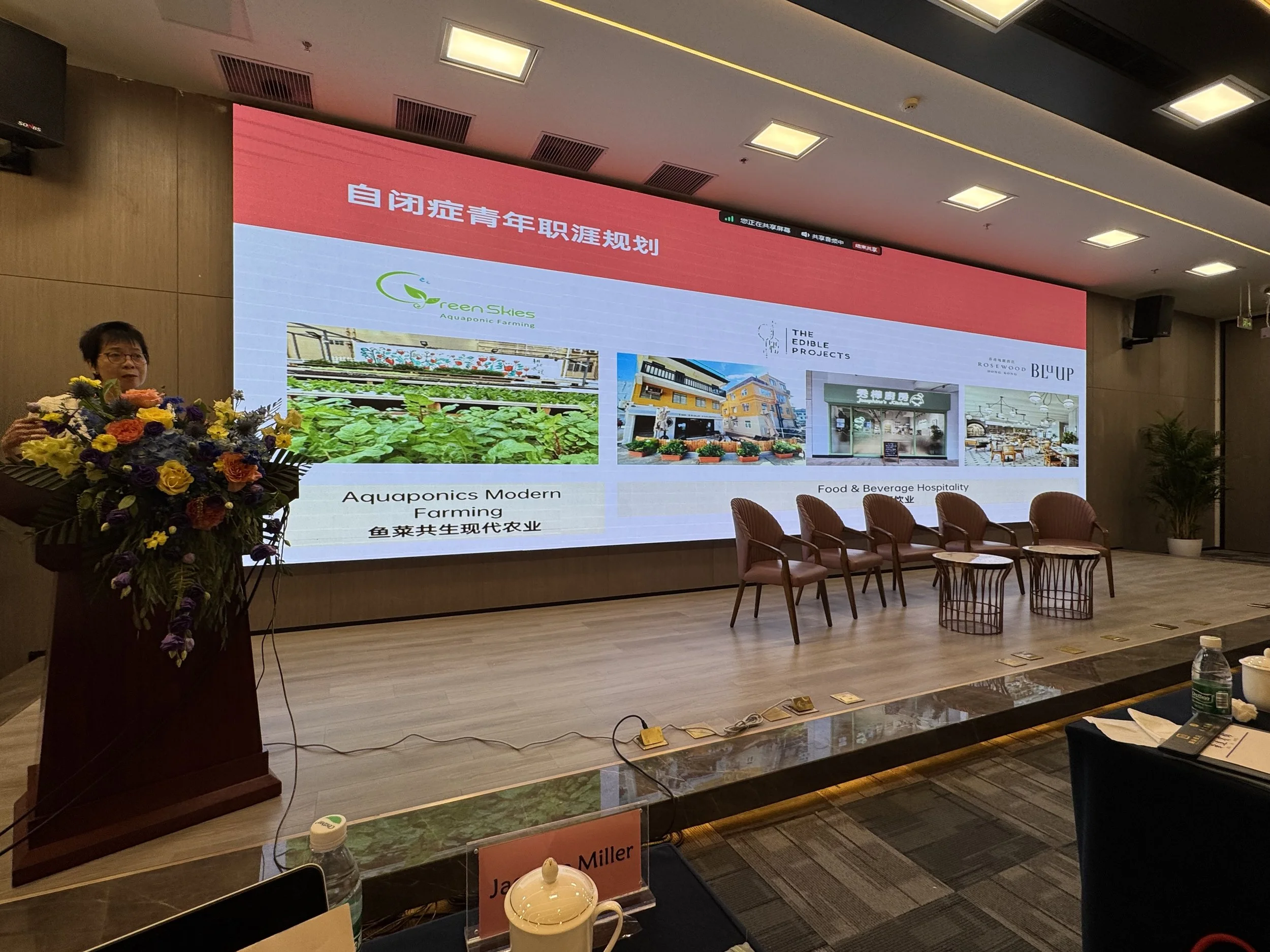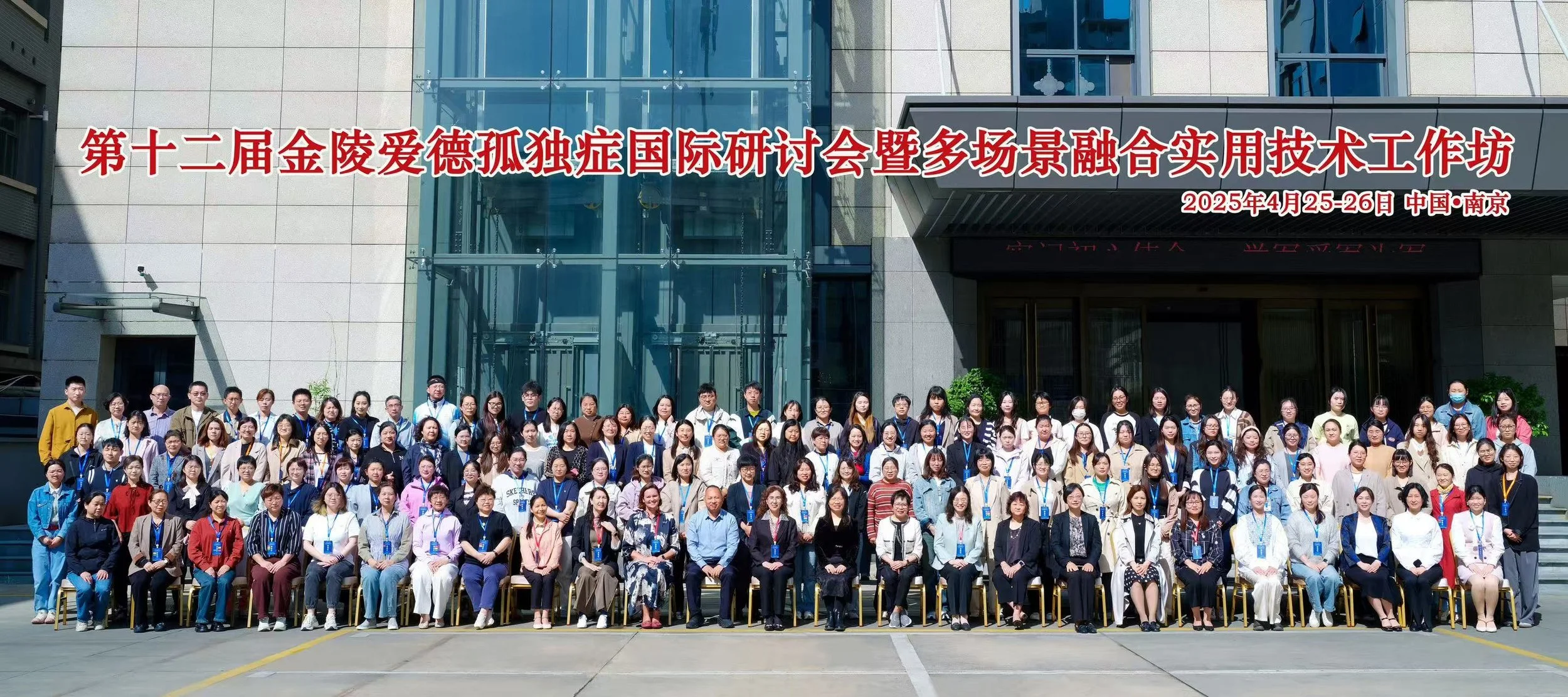Coaching Across Borders: Building Human-First Conversations in Nanjing, China
My journey with Coaching Across Borders continued at the end of April with a meaningful visit to Nanjing, China—a city rich in history, culture, and educational innovation. I was honoured to present at the 12th Amity Foundation International Symposium on Autism and to visit the Nanjing Normal University of Special Education, where I engaged in powerful conversations about inclusion, neurodiversity, and the transformative role of coaching. This leg of the journey reaffirmed the importance of human-first approaches in education and the global resonance of coaching as a tool for connection, empowerment, and change.
Having been fortunate to visit Nanjing a few times over the last 14 years and it was a real joy to return—and even more special to reconnect with old friends and colleagues. The city’s unique blend of tradition and innovation continues to inspire me, and this visit felt like both a continuation and a deepening of earlier conversations. From the moment I arrived, I was welcomed with warmth and generosity, and reminded once again of the power of relationships in sustaining meaningful work across borders.
Sharing Practice at the Amity Autism Symposium
The 12th Amity Foundation International Symposium on Autism brought together educators, researchers, and practitioners from across China and beyond. I was invited to deliver a keynote and lead a workshop focused on inclusion, coaching and how we can support neurodiverse adolescents through developmental and environmental scaffolding.
With live translation throughout, I was deeply moved by the openness and curiosity in the room. There was a genuine desire to learn, reflect, and connect with the content, but with each other’s lived experiences and stories. These kinds of shared spaces are where real change begins.
Another highlight of the trip was returning to the Nanjing Normal University of Special Education, where I had the chance to learn more about current teacher education practices and how inclusion is evolving within the Chinese education system. Our conversations explored how coaching might support teachers in developing reflective practices and building strong, relational classroom cultures—something that resonates across all the international contexts I’ve worked in.
Coaching as a Bridge
One of the most powerful themes emerging from this visit was the way coaching can act as a bridge—between cultures, disciplines, and people. Whether in China, Denmark, or Scotland, I continue to see how coaching creates space for listening, reflection, and relational trust. It offers a way to shift the narrative from fixing individuals to nurturing environments in which all learners can flourish.
My heartfelt thanks to the Amity Foundation, the SCCG, and the university team for your generous welcome, your passion for inclusive education, and your willingness to engage in open dialogue.
As Coaching Across Borders continues, I carry with me the stories, questions, and shared commitments that have emerged in each country I visit. These visits are part of a wider conversation about how we can reimagine education together, one human-first connection at a time.









